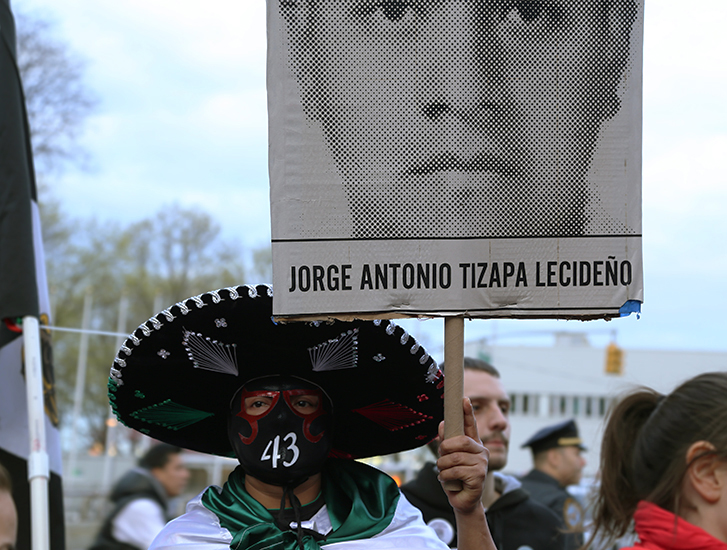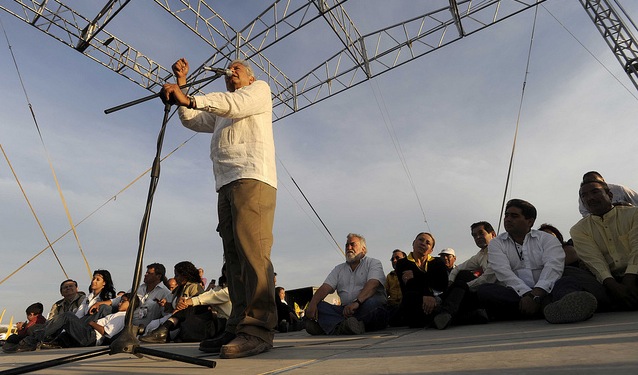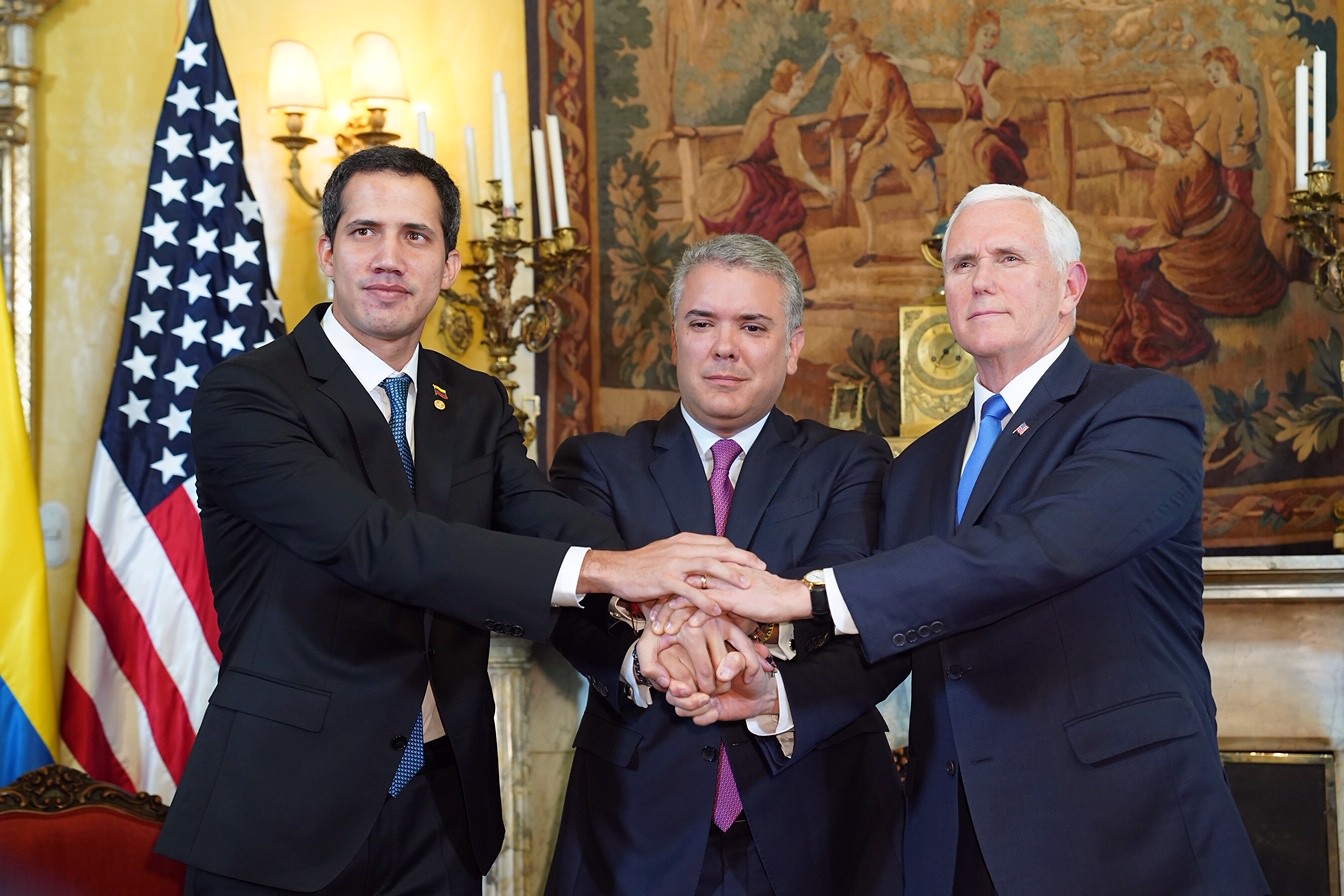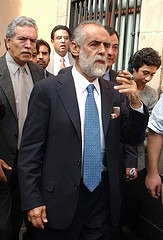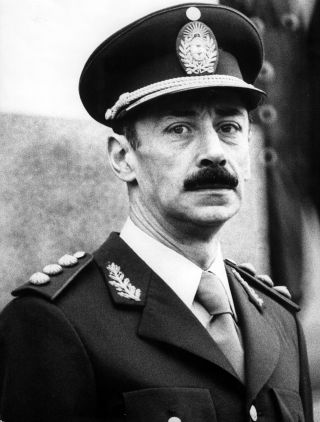
Latin America: Week in Review, Venezuela
Venezuela Approves Changes In Media Laws; Chávez Critics Worry About Free Speech
December 22, 2010 By Staff
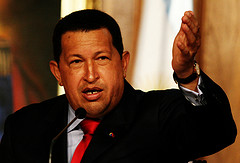
Venezuelan President Hugo Chavez.
Today in Latin America
Top Story — The Venezuelan congress approved two controversial measures late Monday night that put new regulations on the country’s internet and telecommunications systems.
One part of the legislation, article 28, is meant to prohibit television, radio or internet messages that “incite, promote or justify crime, the equivalent of war propaganda, fomenting anxiety among the citizenry or that alter the public order,” according to a statement released by the Venezuelan government.
Internet sites that run afoul of the law could be fined up to $3,023 and service providers who fail to respond to government inquiries will be fined up to 4 percent of annual income.
The new telecommunications law classifies the use of telecommunications networks as a “public service,” which could give President Hugo Chávez’s government more sway in regulating the industry. An amendment to the telecommunications law, which would have created a government-run internet hub, however was stripped from the bill.
The law was pushed through by Chávez’s ruling Socialist Party just weeks before a new assembly comes into office in January, which is less friendly to the president.
Many critics of Chávez worry that the measures will hinder free speech.
There is plenty of fear “that we are heading to a situation of Internet content blocking like in China or Cuba,” said Gloria Cuenca, a communications expert at the Universidad Central de Venezuela, according to AFP.
Headlines from the Western Hemisphere
North America
- The death toll from an oil pipeline explosion in central Mexico has risen to 29, after authorities located the remains of a baby in the arms of one of the other 28 victims.
- An armed gang kidnapped 50 Central American migrants last week as they travelled on a cargo train in southern Mexico.
- Immigration officials have tentatively chosen New Jersey as the site of a new detention center to house undocumented immigrants in federal custody.
Caribbean
- The Obama administratin is preparing an executive order to formalize indefinite detention without trial for some detainees at the U.S. prison in Guantanamo, Cuba.
- Haitian health authorities said Tuesday that 2,591 people have now died from the choleran epidemic there.
Central America
- The latest from the WikiLeaks cables reveal that McDonald’s used the U.S. to put pressure on El Salvador in order to aid a lawsuit that was being fought in the Central American country.
- About 50 Central American immigrants were kidnapped in Mexico when armed men stopped the cargo train they were riding and abducted all of the women aboard, El Salvador said on Tuesday.
- Copper and zinc producer Breakwater Resources said it finalized a new contract for workers at the Mochito mine in Honduras, almost three months after the previous contract expired.
- Twenty seven people have been charged in Panama in the 2006 mass poisoning that left 168 dead due to contaminated medicinal syrup, prosecutors said.
Andes
- A Colombian state ombudsman on Tuesday recommended the government consider rejecting a license for Canadian miner Greystar Resources to develop a gold project because of environmental concerns.
- The president of Lima’s stock exchange said if a law standardizing capital gains taxes in Peru is not passed by Dec. 31, the Lima exchange won’t merge with the Chilean and Colombian markets until 2012.
- State companies Water Energy of China and Russia’s Inter Rao UES are set to build and will finance 63% of the new Toachi-Pilaton hydroelectric plant in Ecuador.
- Peru’s government said Tuesday a new director has taken charge of the national statistics agency, after the current director’s four-year term came to an end.
- Peru’s government has auctioned its 98% stake in property company Inmobiliaria Milenia SA, or Inmisa, for just over $112 million on Tuesday.
Southern Cone
- The Brazilian government gave fast-food chains six months to start giving consumers calorie counts and nutritional information about the menu items.
- Former Argentine dictator Jorge Videla testified Tuesday that his military junta was in response to a Marxist revolution and warned that the same “terrorists” have now infiltrated the government.
- A lawyer for the Chilean government is seeking to arrest four retired army officers for the death of renowned folk singer Victor Jara during the 1973 coup.
Image: Que Comunismo! @ Flickr.
